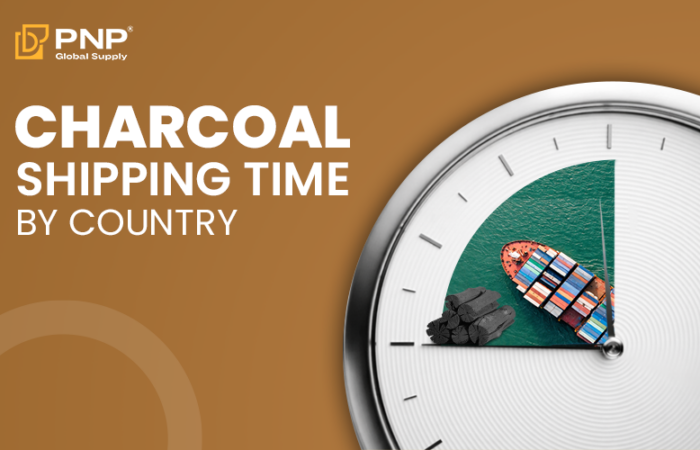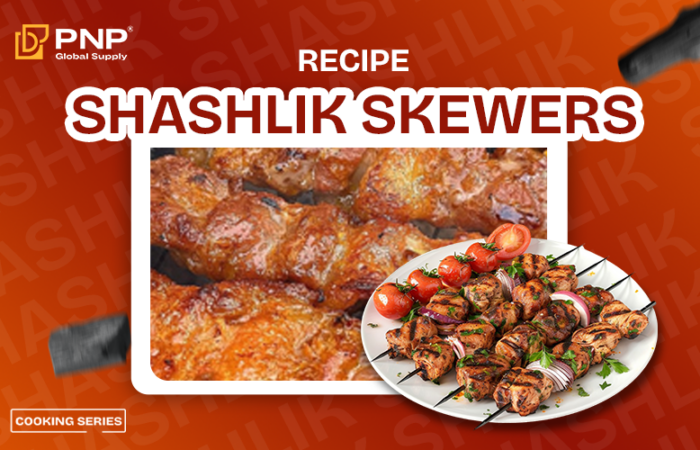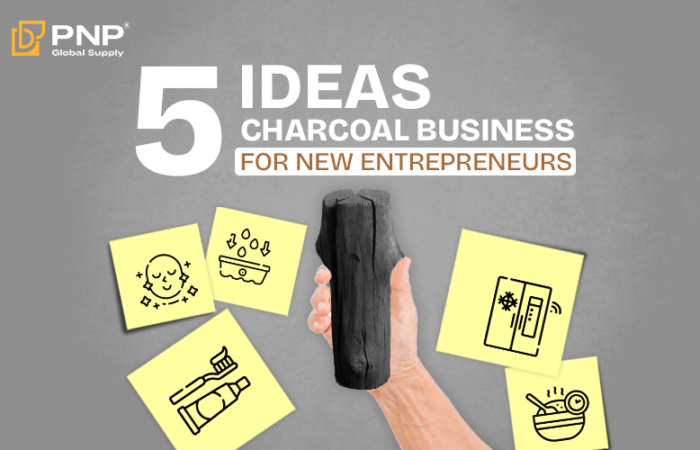In this article, you will learn about “How to Import Charcoal from Vietnam?” a major contributor to the worldwide charcoal stage. We will discuss key steps such as sourcing trustworthy suppliers, understanding export compliance, and maintaining quality control. At the end of this article, you will be able to make wise choices on your importation process and simplify it as well.
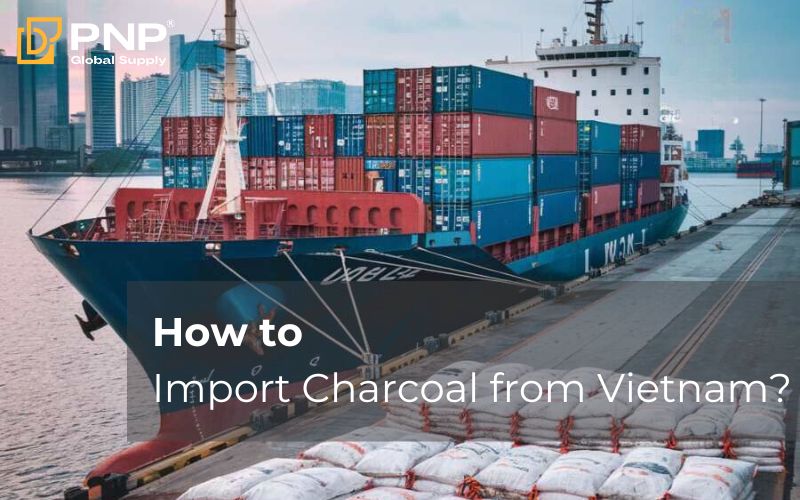
Understanding the Vietnamese Charcoal Market
Types of Vietnamese Charcoal
Mangrove Trees:
Mangrove charcoal is highly energy-rich and does not produce much ash, unlike most types, making it suitable for grilling and barbecuing. Besides it has a different make-up that leads to a peculiar smell that helps improve the taste of meals served.

Kaya Trees:
The kaya tree charcoal burns densely and lasts long thus making it useful in many ways. This sort of charcoal has regularity when burning so they are clean with less amount of smoke.
>>> Wood Charcoal
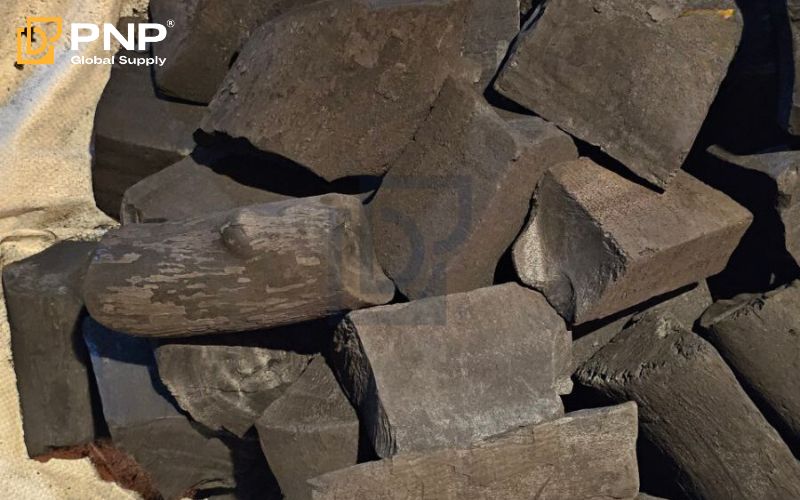
Coconut Shells:
Coconut Charcoal has become sought after as more individuals become conscious about environmental protection hence being used widely because of its clean burning characteristics especially when compared with other kinds where little amount of soot is produced per takeout each time during use both domestically and industrially.
Sawdust:
Utilizing wood waste that would otherwise be discarded, charcoal made from sawdust is an economical and sustainable option. Known for its ability to generate high heat with reduced emissions, it is well-suited for grilling and heating applications.
Coffee Grounds:
As a unique product that uses coffee waste to create a high-energy fuel source, coffee charcoal is an innovative product. It offers a unique burning experience with low ash and minimal odor, and its use contributes to recycling and sustainability efforts.
Eucalyptus Trees:
Charcoal made from eucalyptus trees is known for its quick-burning characteristics and high heat output. It is commonly applied in situations where rapid heating experiences are required, making it ideal for both domestic and commercial purposes.
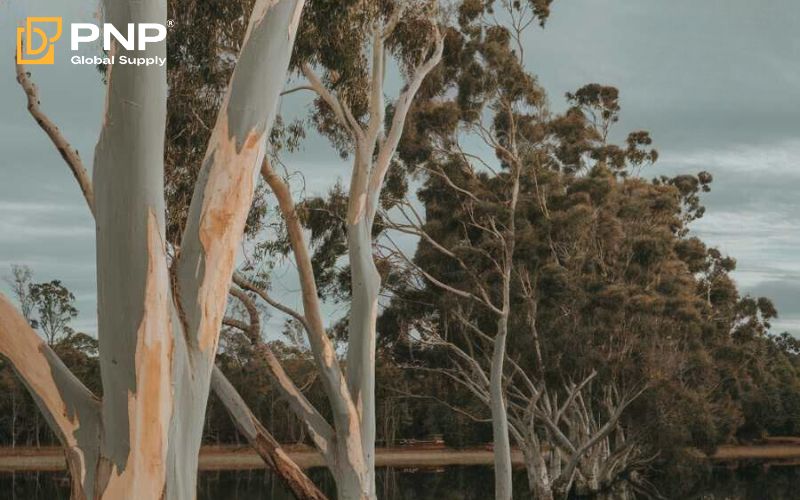
White Charcoal:
Often referred to as Binchotan, white charcoal is a premium product associated with long-lasting burning and high-temperature efficiency. The process of obtaining this kind of charcoal ensures that it burns cleanly without producing smoke; thus making it popular among those who grill or cook their meals.
Longan Wood:
Valueably regarded In terms of being able to retain heat excellently while also producing little smoke, longan wood-based charcoals are preferred above other types when barbecuing food or preparing traditional dishes. Provide heated consistency at all times alongside ensuring minimum impact on the environment.
Major Production Regions
Southern Vietnam (Dong Nai, Binh Duong, Mekong Delta)
The Southern part of Vietnam has Dong Nai, Binh Duong, and Mekong Delta sharing its name for being the most popular charcoal producers in terms of varieties as well as quality. Natural resources such as swamp mangrove trees or coconut palms contribute to premium types of charcoal mined from its variegated area. Additionally, it is strategically located which leads to efficient exportation processes thus turning it into an international hub for charcoal trading.
Central Vietnam (Quang Nam, Phu Yen)
The central region provinces including Quang Nam and Phu Yen prides itself on traditional charcoal-making techniques that use timber sourced locally. Here charcoal gains some characteristics like longer burning periods than normal and distinct heat output because of specific types of wood such as Eucalyptus or Longan among others. Further access to both domestic and global markets is made easier because of its location in central Vietnam.
Quality Standards and Certifications
To ensure a premium quality charcoal it needs to comply and conform to the national standards of Vietnam and various international certifications. The Vietnamese national standards set out specific benchmarks concerning for instance calorific value or ash content which helps in making sure that there is consistency and reliability as far as the local markets are concerned. On the other hand, certifications such as FSC (Forest Stewardship Council) give an international aura to the charcoal coming from sustainably managed forests that meet global ecological requirements thus boosting its attractiveness in foreign markets.
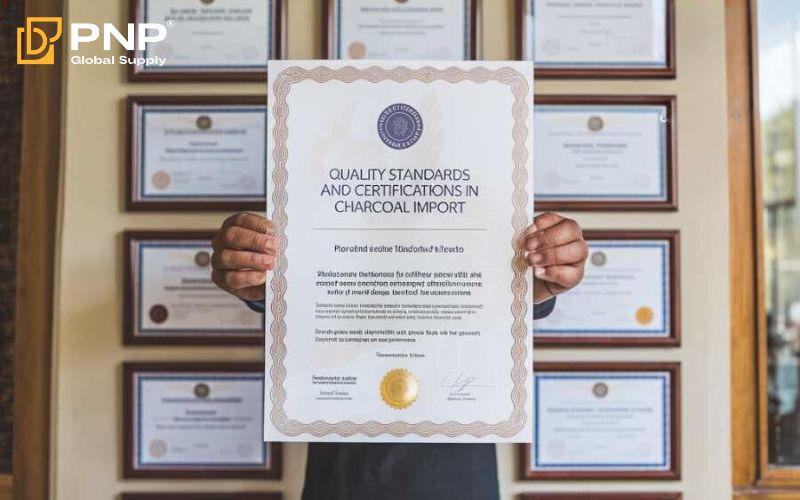
Pricing and Payment Terms
The pricing of charcoal depends on many factors like raw material prices, techniques for producing charcoal, and demand in the market to determine its price. Various payment methods are available, which include Letters of Credit (LC), Telegraphic Transfer (T/T), and Documentary Collections; each providing different safeguards against fraud but with varying levels of flexibility. Knowing this will assist in reaching an agreement for better terms and also help to control financial uncertainties.
The Charcoal Import Process from Vietnam
Market Research and Supplier Selection
Online Platforms (Alibaba, Global Sources):
Charcoal suppliers can be compared with great ease through these online platforms including Alibaba as well as Global Sources which have a huge database of them. User reviews and business ratings found on these platforms give insights that help make decisions.
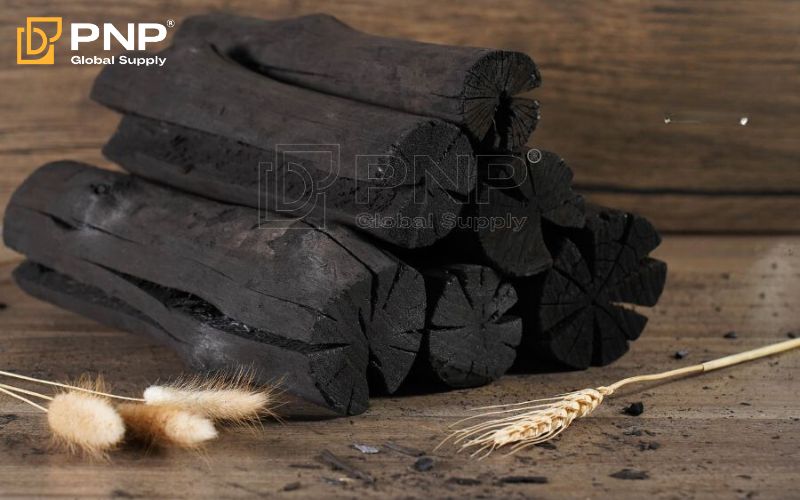
Trade Shows and Exhibitions:
Meeting charcoal suppliers face to face during trade shows or exhibitions is important since one can assess product quality and negotiate directly. Furthermore, it provides an opportunity to discover new market trends while being able to network in a meaningful way.
Supplier Evaluation Criteria:
For someone looking for a charcoal supplier, things like product quality, compliance with standards, delivery reliability, and pricing should be taken into consideration. Checking suppliers based on their certifications along with customer reviews means that you are choosing importers wisely.
Negotiation and Contract Signing
Negotiation and Contract Signing: This is a vital part of effective negotiation where the items in a contract are explained like product specifications, price contracts, payment conditions, and delivery time schedules. Likewise, it is fundamental to define responsibilities and costs in shipment by understanding Incoterms such as FOB (Free on Board) and CIF (Cost, Insurance, and Freight). A concise contract helps to ensure that both parties are on the same page thus reducing chances for disputation.
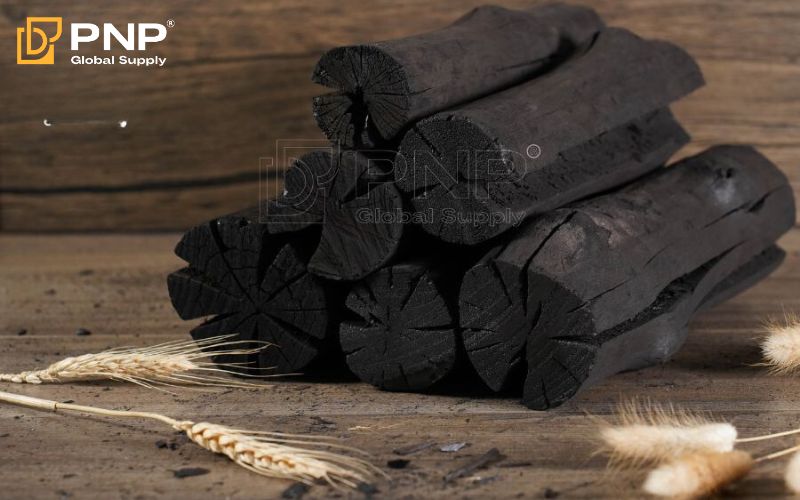
Preparing Customs Documentation
Customs documentation is required to be prepared. All important documents like invoices, packing lists, bills of lading, and certificates of origin must be available during importation since this will ensure a smoother process. Other than this, it can also be an important part of assigning charcoal tariff rates as it contains insights into harmonized system (HS) codes. When working with customs processes, it is important to ensure that all information is correct and complete so as not to add any burden of delays to it.
Shipping
Freight ships often transport charcoal in bulk quantities using water while air freight is used for time-sensitive orders. It is vital to pack the charcoal well so that it does not get damaged or contaminated as it is being transported. The appropriate choice of a shipping system as well as a packaging means that goods can be moved quickly and remain unspoiled.
Import Customs Clearance
For you to be completely at peace about your imports, you must understand import customs clearance. This means that depending on what you are bringing into this country and where it is coming from, every product attracts different import levies and taxes. It is vitally important not to default to prevent being punished or held up in time. A good amount of paperwork should be involved together with following laid down steps on clearance if it is expectantly fast.
Considerations and Challenges
Regulatory Framework
The process and conditions of shipping charcoal outside Vietnam are regulated under export rules which specify how such operations should be done within the limits of what the country can take. Import regulations in the destination port area outline how these pieces are to be received and responsibly processed. Thus, to avoid legal missteps in due course of international commerce on this matter, one must possess a good understanding of regulations related to both export and import transactions.
Risks and Challenges
To meet the standards and expectations of customers, management needs to control the quality of imported charcoal. The delivery schedule may be affected by supply chain disruptions including delays or logistical problems. Furthermore, market fluctuations will have an effect on prices and availability requiring your import strategy to be closely monitored and flexible.
Opportunities and Potential
High-quality charcoal is increasingly in demand, presenting considerable opportunities for market expansion and sales increase. Market diversification allows exploring different geographical regions, new uses, and tapping into various client desires and preferences. Taking advantage of these trends can trigger development in your business that would lead to an increase in its profitability.
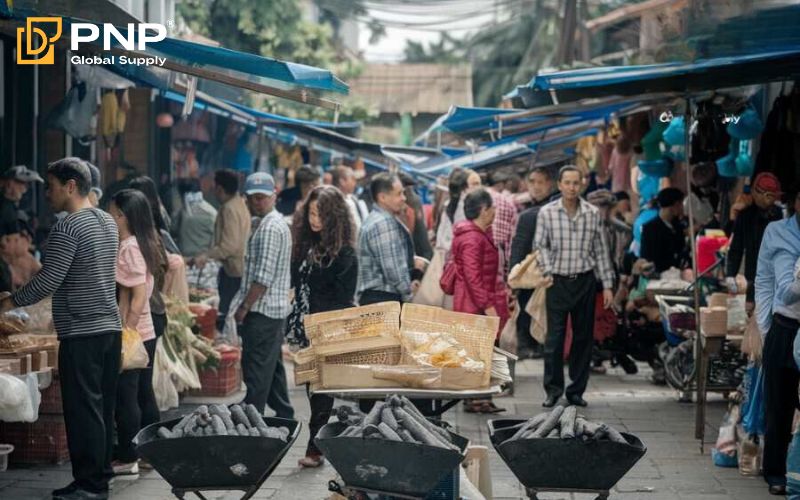
Explore the Best Charcoal Options at PNP Charcoal
Founded in 2015, PNP Charcoal has positioned itself as a prime expert in the manufacture and supply of quality Charcoal Products. In discharging our services we have always ensured high-quality products and timely delivery with great consideration of customer satisfaction. We believe that through our trusted services, we will also make a mark in the international arena for Vietnamese charcoal production.
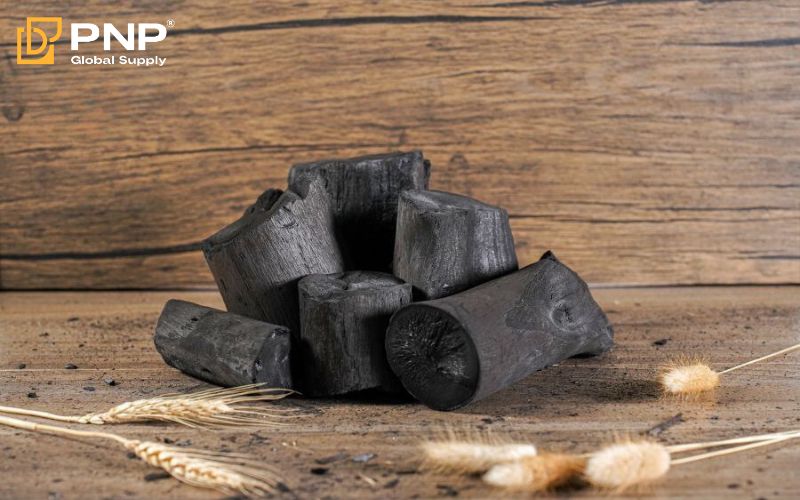
Conclusion
In conclusion, “How to import charcoal from Vietnam?” is a matter of understanding various stages like market research and supplier choice, customs clearance as well as shipping processes. If you want professional assistance throughout the entire importation procedure, get in touch with PNP Charcoal by calling (+84) 933 163 490 or emailing marketing.pnpglobalsupply@gmail.com. This way, you will get high-quality products from PNP with an assurance that they will be delivered on time thus making your buying process easy and fast.

